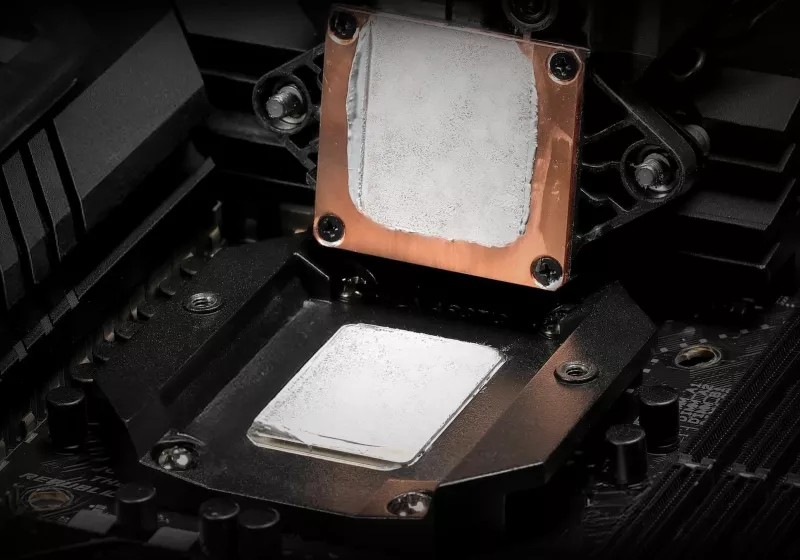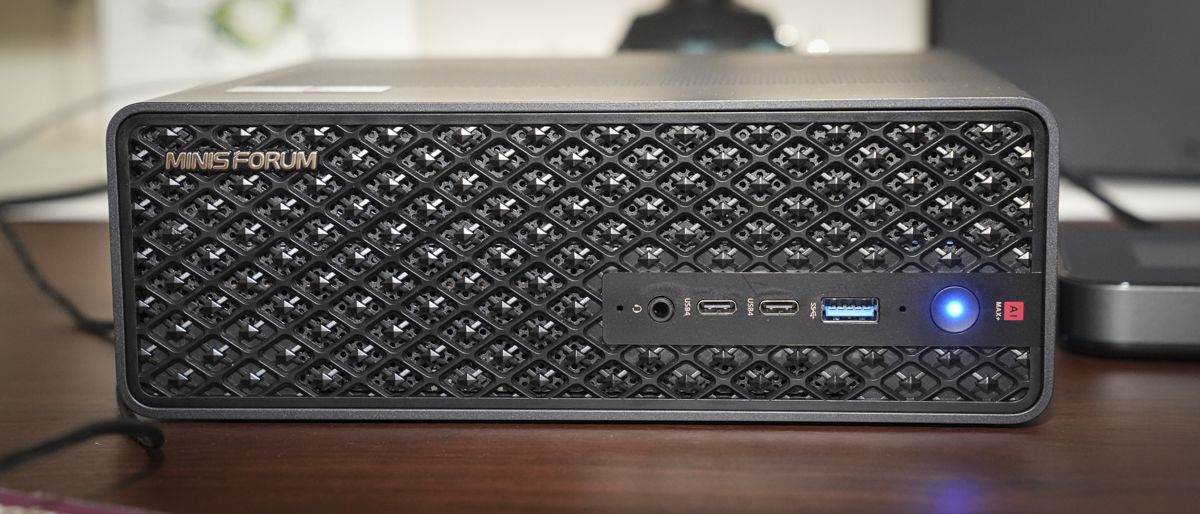CPB expenses in fiscal year 2025 are $545 million, of which 66.9 percent goes to TV programming. Another 22.3 percent goes to radio programming, while the rest is for administration and support.
The CPB distributes over 70 percent of its funding to about 1,500 public radio and TV stations. Those stations pay fees to NPR and PBS, which also get money from sponsorships, donations, and grants.
Emergency alerts system at risk
Sen. Maria Cantwell (D-Wash.) talked about the funding's impact on emergency alerts in a speech from the Senate floor. Stations "running on backup generators are built to broadcast through disasters" and can send alerts even when people don't have Internet access, she said. Cantwell said that PBS WARN works "when everything else goes dark... ensuring that warnings about tornadoes, fires, floods and evacuations reach your cell phone in seconds."
As the Corporation for Public Broadcasting explains, "PBS WARN enables all public television stations to send WEAs [Wireless Emergency Alerts] out over their transmitters to provide a 'hardened, redundant' alternate path for the cellular companies' connection. Between January 1 and December 31, 2024, more than 11,000 WEAs issued by federal, state, and local authorities were transmitted over the PBS WARN system, a 30 percent increase over 2023. Public television stations save lives in their communities, even those who might never turn on a television."
NPR manages the Public Radio Satellite System, which "receives a national Emergency Alert System feed directly from the Federal Emergency Management Agency (FEMA) to send Presidential emergency alerts to local public radio stations," the CPB said.
NPR CEO Katherine Maher issued a statement, pointing to an NPR-commissioned survey which found that over 75 percent of Republicans and Democrats rely on public radio emergency alerts and news for public safety. "We call on the House of Representatives to reject this elimination of public media funding, which directly harms their communities and constituents, and could very well place lives at risk," Maher said.








 English (US) ·
English (US) ·